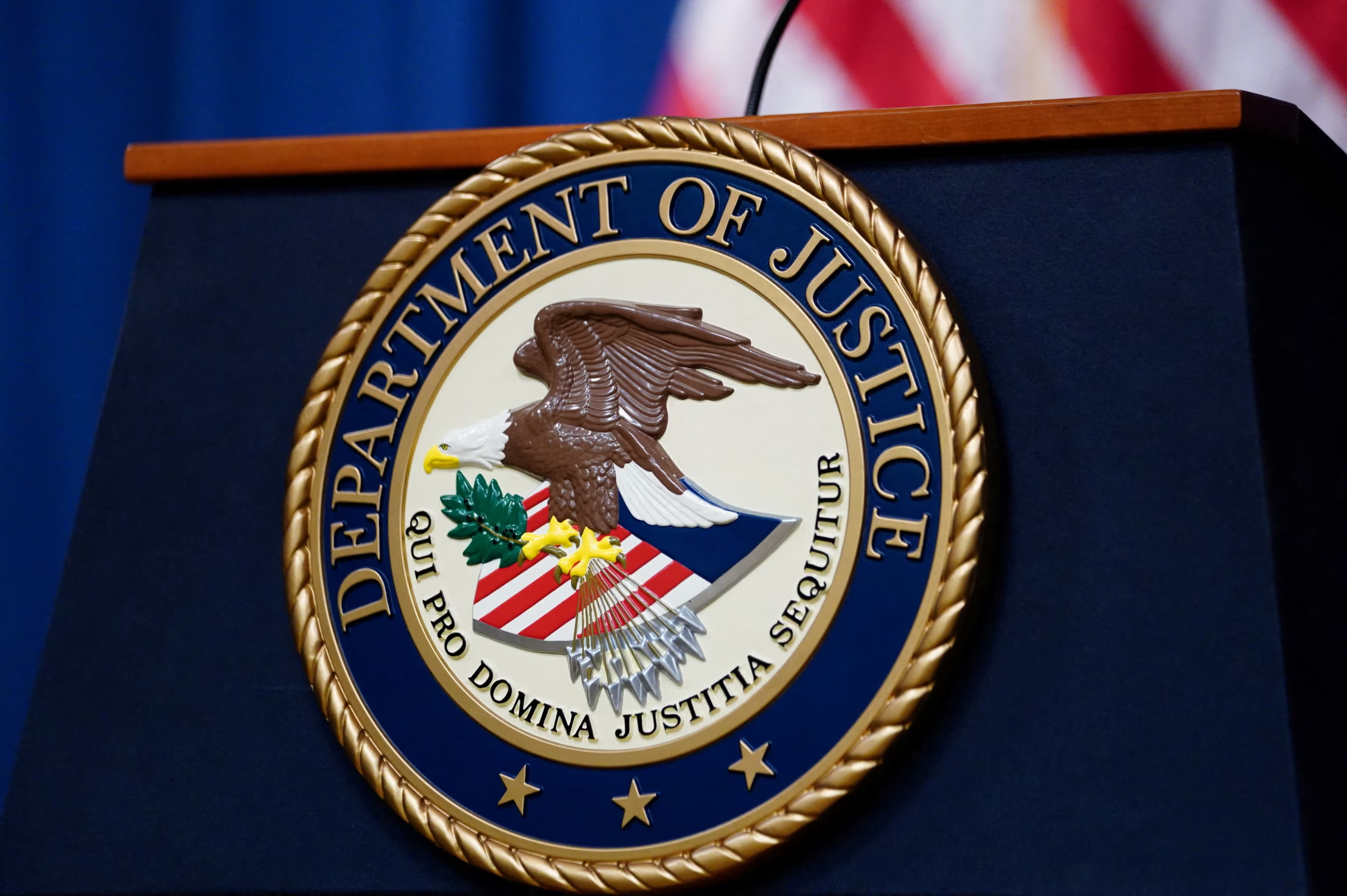Justice Department Leak Scandal Shocks Congress: What You Need to Know
The Justice Department leak scandal has sent shockwaves through Congress, raising urgent questions about transparency, accountability, and political ethics. This seismic event, which involves alleged overreach and secret access to lawmakers’ data, has gripped the nation and left many wondering about its implications for the democratic process. But what exactly happened, and why is it so significant? Let’s dive into the details of this unfolding controversy.
What Is the Justice Department Leak Scandal?
The scandal centers around recent revelations that the U.S. Department of Justice allegedly accessed sensitive data from members of Congress, journalists, and other individuals to identify sources of leaked information. This move, viewed by many as a breach of privacy and a threat to press freedom, has brought the DOJ under immense scrutiny.
According to CBS News, subpoenas were issued to major tech companies to obtain metadata without notifying the affected individuals beforehand. These actions have led to widespread concerns about government overreach and the balance between national security and individual freedoms.
How Congress Reacted to the Scandal
Lawmakers were reportedly blindsided by the disclosures, sparking bipartisan outrage. Both Democrats and Republicans have demanded accountability, calling on the Inspector General and other watchdogs to investigate the Justice Department’s handling of the matter. Many are questioning how such actions were authorized and why oversight mechanisms failed to detect or prevent this alleged abuse of power.
Why Does This Scandal Matter?
The Justice Department leak scandal is more than just a political drama—it’s a critical moment for democracy in the U.S. Here’s why:
- Threat to Privacy: The indiscriminate collection of data without proper safeguards undermines the right to privacy and could set a dangerous precedent.
- Chilling Effect on Journalism: Intimidating the press risks silencing investigative journalism, which serves as a cornerstone of democracy.
- Erosion of Trust: These revelations could deepen public cynicism toward government institutions at a time when trust is already at an all-time low.
Could This Impact Future Leak Investigations?
This scandal has ignited a fierce debate about how leak investigations should be conducted in the future. While the government has a legitimate interest in preventing unauthorized disclosures that threaten national security, experts argue that these pursuits must not come at the expense of constitutional rights. Implementing stricter oversight and transparency measures will likely be key demands in the aftermath of this controversy.
The Role of Technology Companies
Another troubling aspect of the Justice Department leak scandal is the role of technology companies. By responding to government subpoenas and providing access to users’ private information, companies like Apple, Google, and Microsoft have come under fire. Critics are questioning whether these organizations should have pushed back more forcefully to protect user data.
Electronic privacy has long been a contentious issue, and this case highlights the complexities tech giants face when navigating legal obligations and ethical considerations. Moving forward, this may lead to calls for stronger legal safeguards to ensure companies cannot easily be coerced into compliance.
Lessons We Can Learn
The Justice Department leak scandal is a wake-up call for anyone who values freedom of information, privacy, and government accountability. While the specifics of this case are still unfolding, it serves as a powerful reminder that unchecked power, even in the name of security, can have devastating consequences.
What Comes Next?
As the investigation into the Justice Department leak scandal continues, several outcomes are possible:
- Policy Reforms: Congress may introduce new legislation to restrict governmental surveillance powers and enforce stricter oversight.
- Leadership Changes: If wrongdoing is confirmed, it could lead to resignations or firings within the DOJ and other implicated organizations.
- Judicial Review: Courts may address the legality of these actions, setting new precedents for future cases.
However, much depends on how aggressively lawmakers pursue the issue and whether public pressure remains high. Advocacy groups and media outlets will undoubtedly play a crucial role in keeping this story in the spotlight.
How This Scandal Impacts the Public
It’s easy to feel disconnected from political scandals, but this one touches the lives of ordinary Americans in profound ways. If government agencies can access private data without oversight, what protections do average citizens have? This case is a stark reminder of the importance of defending civil liberties no matter how “necessary” or “justified” the reasons for compromising them may seem.
Conclusion
The Justice Department leak scandal that has shocked Congress is an alarming example of the dangers posed by unchecked governmental power. With far-reaching implications for privacy, press freedom, and public trust, this controversy demands a full and transparent investigation to hold those responsible accountable. It’s a pivotal moment for the future of democracy in the United States.
As concerned citizens and active participants in the democratic process, it’s our duty to stay informed and demand change. For the latest updates and informed perspectives, visit Zex News.
Let us hope that this moment of reckoning serves as a catalyst for meaningful reform, safeguarding the rights and freedoms that define us as a nation.
“`





